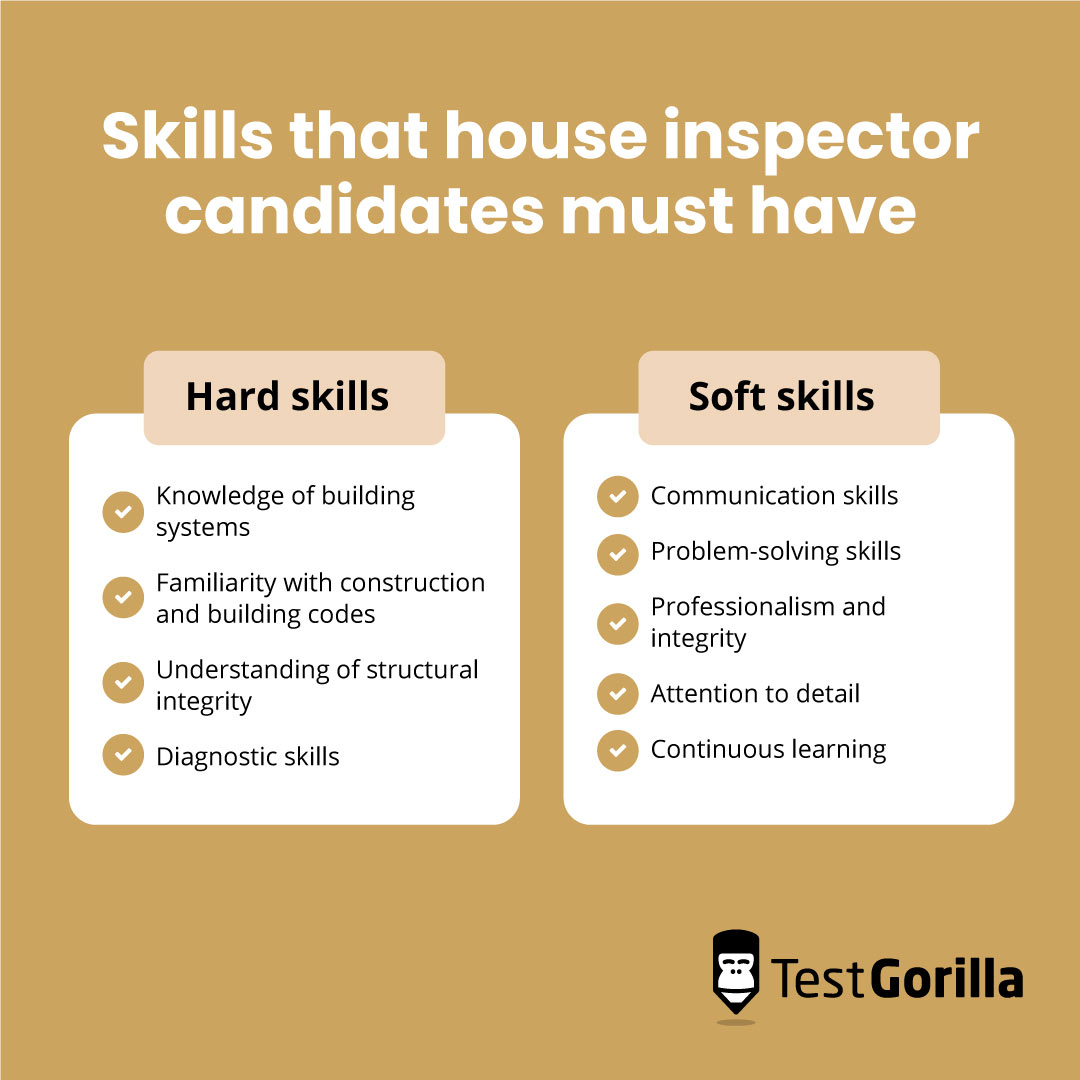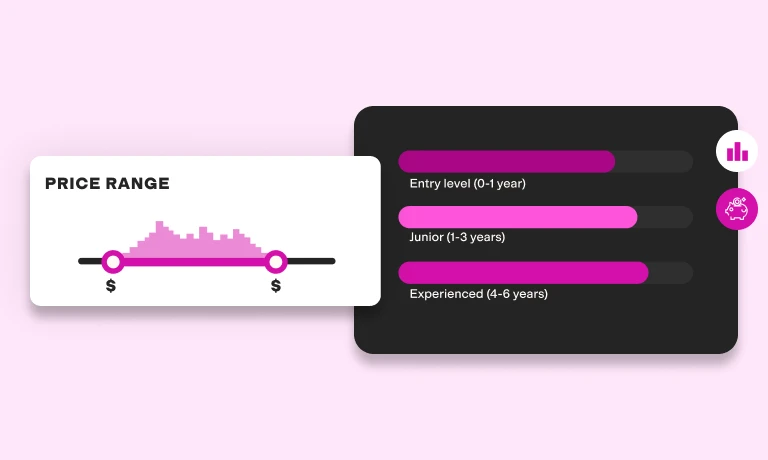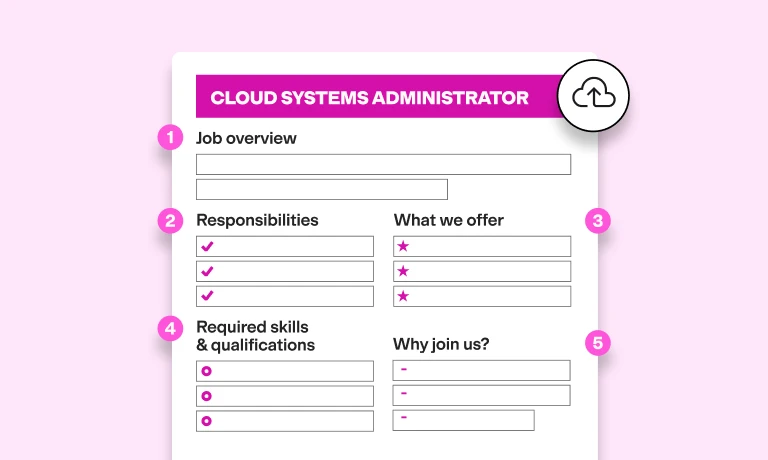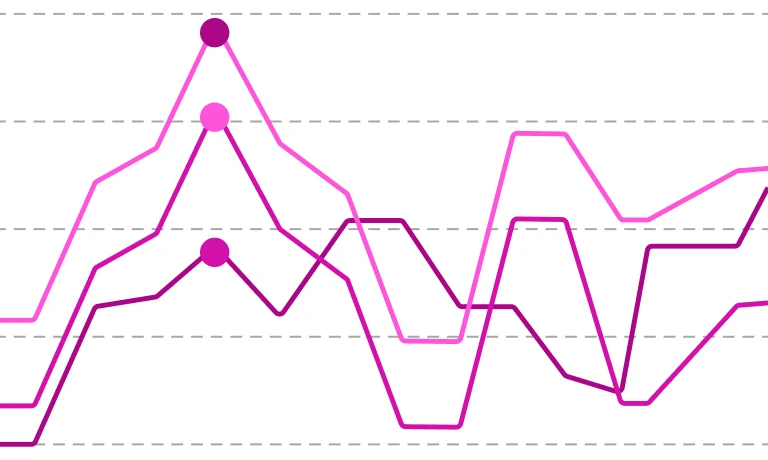When buying a new home, most people are excited about the design and layout of the house or flat, its location, amenities provided, total number of rooms, carpet area, and more.
But in their excitement, many buyers overlook or fail to consider the house's internal condition. Its plumbing, electrical system, ventilation, structural integrity, and other factors don't always become a part of the negotiation – and they should.
Proper house inspection is essential before buying, and knowing how to hire a home inspector is therefore a must. Home inspectors are responsible for thoroughly evaluating your prospective home and helping you negotiate a better price based on the conditions. They can also help you avoid buying a problematic property.
In this article, we'll explore different skills a home inspector must have, how to assess them, and where to look for home inspectors. This will help you ensure that your dream home is not only beautiful but is also free from any hidden issues.
Table of contents
What is a home inspector
A home inspector is a qualified professional who evaluates a residential property's safety and habitable conditions. Their primary objective is to evaluate a house's major components and systems to provide a comprehensive assessment of its condition.
The person conducts a home inspection to examine the foundation, electrical systems, plumbing, HVAC (heating, ventilation, and air conditioning), and overall structural integrity of the property. They are trained to identify problems that an average house owner would need help identifying themselves (and nor do most people have the necessary tools and equipment to do so).
Once the assessment is complete, the home inspector provides a detailed report of their findings and recommendations to help you make a more informed decision.
House inspector hard skills
While there are a plethora of skills your house inspector should possess, there are a few non-negotiable skills they need to evaluate a house properly.
Knowledge of building systems
As the person responsible for assessing a house's condition, your house inspector should be well-versed in a residential building system's internal compositions and workings. They should know how electrical, heating, plumbing, cooling, and roofing systems work.
The house inspector should also know how these systems are installed so that they can find any potential issues or concerns. Their knowledge and skills in identifying electrical wiring issues or plumbing leaks are crucial in assessing a property's condition.
Familiarity with construction and building codes
Whether you're selling or buying real estate, it is essential to verify if the building complies with safety and quality standards. Your house inspector should be a building code wizard and have a good grasp of local building regulations, fire safety codes, accessibility requirements, and zoning laws.
With the help of these codes, which can vary by region, the house inspector can assess whether a property complies with the necessary standards and identify any code violations.
Understanding of structural integrity
Your house inspector must have a good understanding of structural integrity and be familiar with building materials.
While a house might look good and even luxurious from the inside, it’s the job of an inspector to identify any signs of foundation problems, evaluate the condition of load-bearing walls, and inspect the house’s safety and longevity.
They should also be familiar with different building materials, because they have their own strengths, weaknesses, and characteristics. Assessing their qualities will help the inspector identify potential issues related to wear and tear, durability, and maintenance.
Diagnostic skills
One of the most crucial skills for your home inspector is the ability to diagnose problems or potential issues within a property. They are experts in assessing houses and can quickly identify any signs of water damage, mold buildup, faulty wiring, pest infestation, plumbing leaks, and other hidden issues.
This is important as it helps paint a clear picture of the house, enabling the client to decide about buying or selling the home.
The best insights on HR and recruitment, delivered to your inbox.
Biweekly updates. No spam. Unsubscribe any time.
Home inspector soft skills
There are a few essential soft skills to consider when hiring a home inspector:
Communication skills
Your home inspector needs to have impeccable communication skills.
They’ll do a thorough assessment of the house and need to explain the inspection processes to you and convey any findings. They must communicate key details of the property, such as any repair work that needs to be done, any potential violation of building codes, and make a valuation of the property.
Inspectors should also be able to communicate complex technical information verbally and in written reports. They'll listen to any questions you might have and provide an appropriate response.
Problem-solving skills
Assessing a house means doing a lot of things at once.
Your home inspector should have quick thinking and excellent problem-solving skills as they'll encounter various challenges and unexpected situations during inspections. Some incidents might be first-time events for which the home inspector has no training or experience.
Being able to think critically, assess the situation, identify the root cause of problems, and propose potential solutions is essential for home inspectors.
Professionalism and integrity
Investing in real estate property is a considerable undertaking, and you'd want to make the best decision possible. This is why it is vital for home inspectors to maintain a high level of professionalism and ethical conduct.
Inspections must be conducted in an unbiased and impartial manner. It's the inspector's responsibility to provide an honest and objective assessment of the property, even if it's unfavorable to you or the real estate transaction. They should also be professional, punctual, and respectful of clients’ confidentiality.
Attention to detail
A keen eye for detail is one of the first requirements of being a home inspector. They evaluate the property's condition meticulously, and their verdict decides the property's value and whether it’s safe to be sold.
Because of this, home inspectors’ role comes with a big responsibility. They need to pay close attention to any cracks, water stains, faulty wiring, or any other sign of potential issues that can significantly affect the property's condition and valuation.
Continuous learning
New technologies, building practices, and regulations are constantly emerging in the home construction industry.
Home inspectors must stay updated on changing industry trends. You wouldn’t want your house to be deemed unsafe at a later date because your home inspector wasn't aware of changes in building codes and gave a green light erroneously.
Hire home inspectors who have a thirst for knowledge and have demonstrated the desire to enhance their skills by attending training programs and seeking professional development opportunities.
How to test home inspector skills
A home inspection is essential for understanding the house's condition and making an informed real-estate decision. For this reason, you must assess the skills of your home inspector objectively and not just make decisions based on exaggerated resumes.
Skills tests are a great way of improving your home-inspector recruitment process. TestGorilla enables you to combine five different skills tests in a single assessment to perform an inclusive candidate evaluation. The five tests that you can use for home inspectors are:
Communication: Assess the inspector's verbal and written communication skills with this test.
Problem-solving: See how candidates navigate through a wide range of challenges with the problem-solving assessment.
Attention to detail: Attention to the most minor details is necessary for home inspectors.
Business ethics and compliance: Test the integrity and professionalism of candidates to see whether they'll be able to make an unbiased decision.
Time management: Ensure that your candidate knows how to manage their time and complete the assessment within deadlines.
How to find a home inspector
Before understanding the process of how to hire a home inspector, it's important to consider whether you want to hire a full-time in-house team member (for example, if you’re managing a real-estate agency) or work with a freelancer on a project-to-project basis.
Both these choices have their own advantages and drawbacks, and it'll depend on your requirements which one to choose. Here are some common ways to find and hire a qualified home inspector:
Real estate agents
Many real estate agents have good connections with reputable home inspectors, because they work together closely. You can ask real estate agents to recommend a home inspector that is expert in their work and have knowledge of the local market.
Online directories and platforms
There are several review platforms, such as Angie's List, HomeAdvisor, and Yelp, that feature lists of home inspectors in your area. You can also look for ads published on online platforms like Facebook to get in-depth insights into the quality of their service.
Professional associations
The American Society of Home Inspectors (ASHI) and the International Association of Certified Home Inspectors (InterNACHI) have hundreds of home inspectors as members. These associations often have a search feature that allows you to look for professional inspectors that adhere to industry standards and follow a code of ethics.
Recommendations and referrals
Seek recommendations from friends, family, and neighbors who have recently worked with a home inspector. Personal recommendations come with first-hand experience working with the person and help you narrow down the options.
Home inspector job description template
Below, you’ll find a job description template for a home inspector for real-estate agencies. Feel free to use it and modify it based on your needs.
Job title: Home inspector
Location: [Location]
[Agency name] is a leading real estate agency serving the [location] area. We pride ourselves on providing exceptional service to our clients and assisting them in making well-informed buying decisions. We are currently seeking a detail-oriented, experienced home inspector to join our growing team.
You’ll be responsible for conducting comprehensive, detailed inspections of residential properties. The successful candidate will inspect electrical, plumbing, heating, and HVAC systems to identify any potential or existing issues that could affect the home’s value or cause future problems.
Responsibilities:
Conduct thorough on-site home inspections to assess the condition of a property, including all structural, construction, and mechanical components
Prepare detailed, organized inspection reports, including photographs and explanations of the findings, for real estate agents and prospective buyers
Provide consultation to the clients on site, discussing the inspection's findings and answering any questions they may have
Monitor compliance with local and federal regulations concerning home construction and safety standards
Keep up-to-date with current knowledge of structures and systems, and changes in local, state, and national construction codes
Provide recommendations for necessary improvements and repairs
Maintain professionalism and deliver exceptional customer service at all times
Qualifications:
High school diploma or equivalent
Degree in a related field (such as construction, architecture, engineering) is a plus
Strong knowledge of local and national building codes and regulations
Exceptional attention to detail and problem-solving skills
Excellent written and verbal communication skills
Ability to handle physically demanding tasks, such as climbing onto roofs and crawling into tight spaces
Familiarity with specialized inspection tools and software
Interested? Submit your application [here].
How much does a home inspector cost?
According to data from Indeed.com, the average salary of a professional home inspector in the United States is $135,890 per year.
The salary ranges from approx. $75,000 at the low end to as high as $245,000 a year. This range depends on several factors: location, experience, skill level, project requirements, and industry trends.
Home inspector interview questions
After you assess applicants’ skills, you can invite the best talent to an interview for a more in-depth evaluation of their expertise and qualifications. Here are some interview questions you can ask your next home inspector:
Can you walk me through a typical home inspection process that you follow?
Tell me about a time when you missed an issue during an inspection. How did you handle the situation?
Can you describe the most challenging inspection you have ever conducted? What made it challenging and how did you handle it?
How do you stay updated with the current building codes and regulations?
How do you handle a situation where the homeowner or buyer disagrees with your findings?
What inspection software or tools do you have experience with?
How would you explain a complex technical issue found during an inspection to a client with no technical background?
How would you handle an inspection where you find major safety concerns, such as structural issues or serious mold problems?
If a house passed the inspection but the new owner later finds a significant issue that you didn't report, how would you handle the situation?
What kind of reports do you deliver after completing an inspection? Could you provide an example?
Find the right home inspector with skills tests
The right home inspector helps you ensure that your next house or flat will be perfectly safe to live in and complies with all the regulations. However, choosing a home inspector from a pool of candidates can be daunting.
If you're unsure of how to hire a home inspector and how to shortlist candidates from a pile of resumes, you can use pre-employment skills testing to streamline your home inspector hiring process.
TestGorilla offers a vast library of tests you can use to assess a home inspector's skills and shortlist applicants without bias – or without needing to screen tons of resumes. Improve your recruitment process with a free trial of TestGorilla's interactive assessments today.
You've scrolled this far
Why not try TestGorilla for free, and see what happens when you put skills first.



















